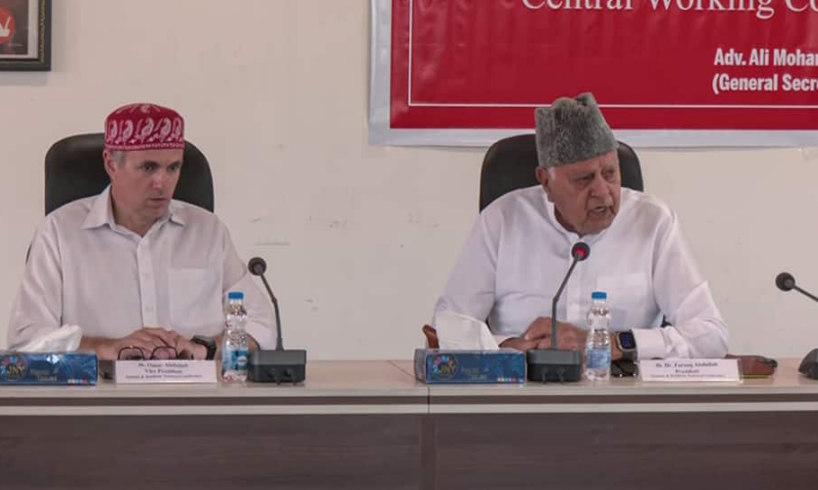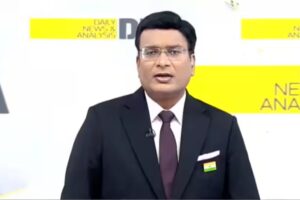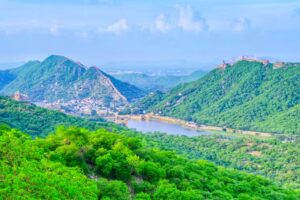
The National Conference Chief, Farooq Abdullah, compared today’s governance of Jammu and Kashmir to “walking on the edge of a sword,” which reflects the complex socio-political and security dynamics in the region. He said that despite the challenges, governance has to continue.
“To run the government in the current scenario is just like walking on the edge of a sword, but we have to run the government,” he said.
Jammu and Kashmir has been a Union Territory since the abrogation of Article 370 in August 2019, which revoked its special status and statehood, leading to direct central governance under a Lieutenant Governor.
Add Zee News as a Preferred Source
The absence of a fully empowered state government limits local leaders’ ability to address issues. The NC, led by Farooq Abdullah, has been vocal about the restoration of full statehood to Jammu and Kashmir.
“Statehood is an important issue and people of Jammu and Kashmir hope it will be restored,” he said, adding that focus should remain on pressing Delhi for this demand.
The revocation of Article 370 and the subsequent changes have polarized opinions, with some supporting integration with India and others demanding restoration of the pre-2019 status. Balancing these sentiments is a delicate task for elected representatives.
Also Read: J-K: Remains Of Pakistani Fattah-1 Missile Recovered From Dal Lake
Senior Abdullah’s statement underscores the difficulty of navigating these issues while maintaining stability and addressing public aspirations. His party, the NC, won the most seats (42) in the Jammu and Kashmir Assembly elections.
September-October 2024, forming a coalition government with Congress (six seats) and other allies. Omar Abdullah was sworn in as the CM, marking him the first elected government in Jammu and Kashmir as a UT, and the limited powers of a Union Territory elected government, compared to a full state, continue to pose him and his party massive challenges.
Both Abdullah and their party had remained vocal for the restoration of statehood since day one; it’s also a central issue for other regional parties.
The NC’s 2024 election manifesto promised to push for statehood restoration. Most regional parties, including the NC and the People’s Democratic Party (PDP), have consistently demanded statehood. The central government, led by the Bharatiya Janata Party (BJP), has promised restoration but without a clear timeline.
In December 2023, the Supreme Court upheld the abrogation of Article 370 but directed the Centre to restore statehood “at the earliest.” The NC-led government is likely to intensify this demand, as seen in Omar Abdullah’s statements post-election, urging the Centre to fulfill its promise.
Reacting to Yaseen Malik, Farooq Abdullah refused to comment, saying, “Malik’s case is sub judice, with appeals and hearings ongoing court will decide.”
Abdullah once again called slapping the PSA on Doda MLA unjustified.
“The PSA on Mehraj Malik is not justified, but the unparliamentary language he used was wrong. We have no authority on this subject; the authority lies with Lieutenant Governor Manoj Sinha,” he said.
Abdullah’s when asked about the reduction in GST he said we should have discussions on statehood; the issue of statehood must take precedence.
“It is better to talk about statehood than GST,” he said, indicating that political status and constitutional guarantees remain higher on his party’s agenda.
Farooq Abdullah’s remarks encapsulate the delicate balance required to govern Jammu and Kashmir amid political, security, and legal challenges. His focus on statehood reflects the NC’s core agenda.





